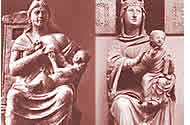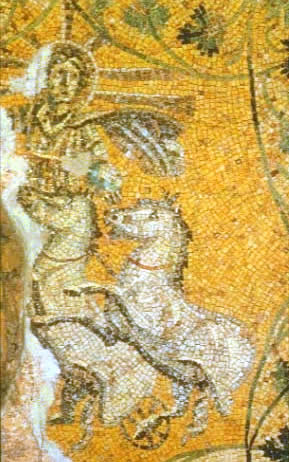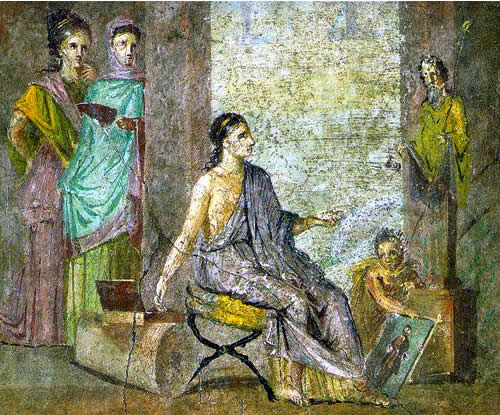| |||||||||||||||||||||||||||||||||
| Reasons > Borrowing > Choices |
|
Reasons >
|
Choices | Borrowing | Different | Faith | The Bible is true |
| First | Independently | From Judaism | Xerox copying |
| |
Choices |
 |
The
stories were made up, sure. But they weren't
made up randomly, they were made
up using standard ancient ideas about Gods
and their powers and place in the universe. |
 |
|
Here's where we are. The ancient texts quoted in POCM's Facts section show lots of Pagan-Christian similarities. In this Reasons part of POCM we're thinking about possible explanations of those similarities. Which are comprehensive and consistent? Which are not?
|
|
And the Pagan-origins-ers' explanation number 1 must include the conclusion that the "facts" about Jesus were made up, made up to fit the pre-determined meaning of the myth. Interestingly explanation number eight, which as we've seen is not supported by the ancient evidence, is the non-apologists' explanation most often attacked and "refuted" by apologists. I think this is because number eight preserves facts-first cause and effect, so it is the non-Christian explanation whose basic mechanism apologists assume to be natural. |
||||||||||
| Choices |


 Greg's
rambling.
Greg's
rambling.